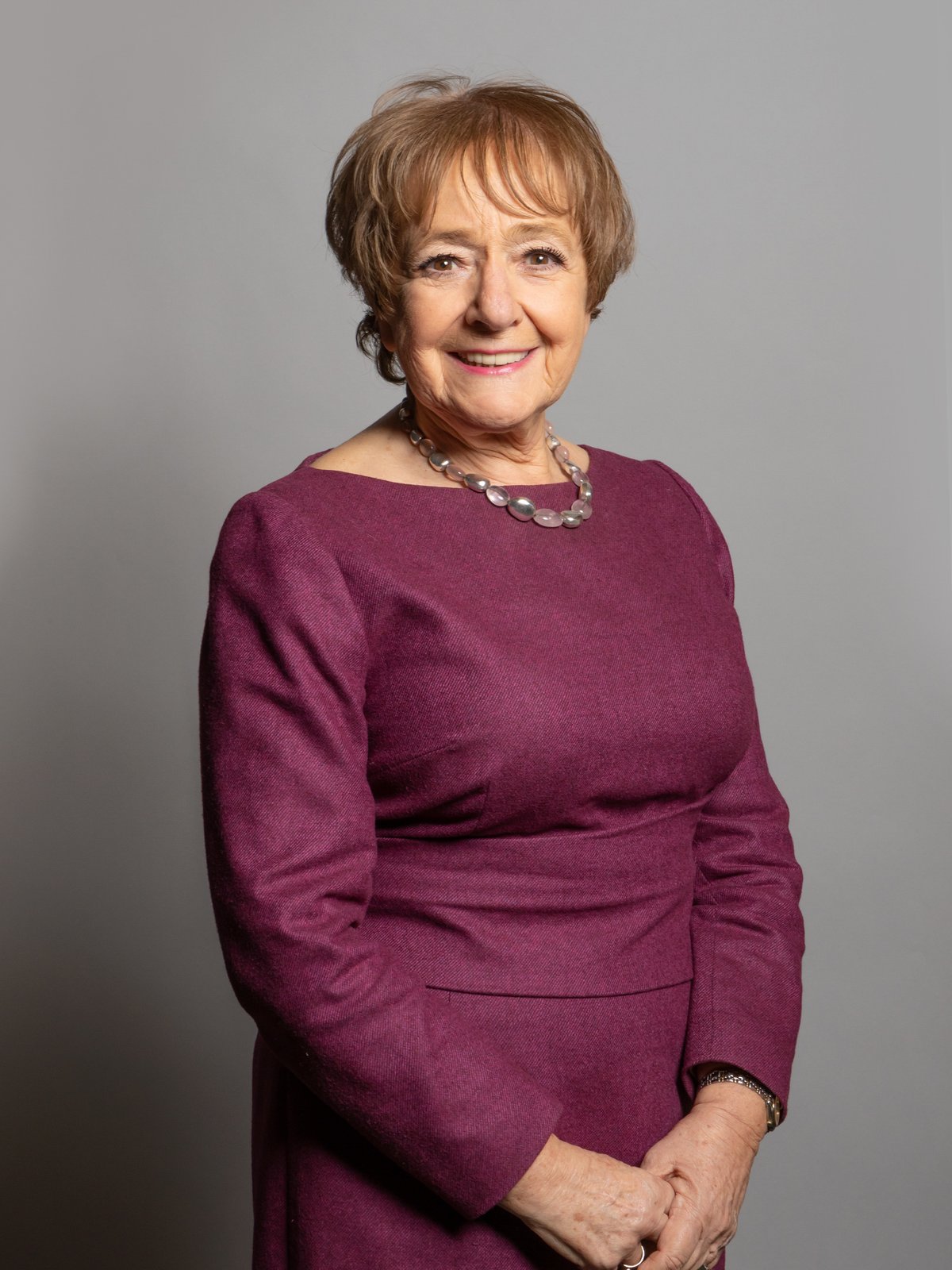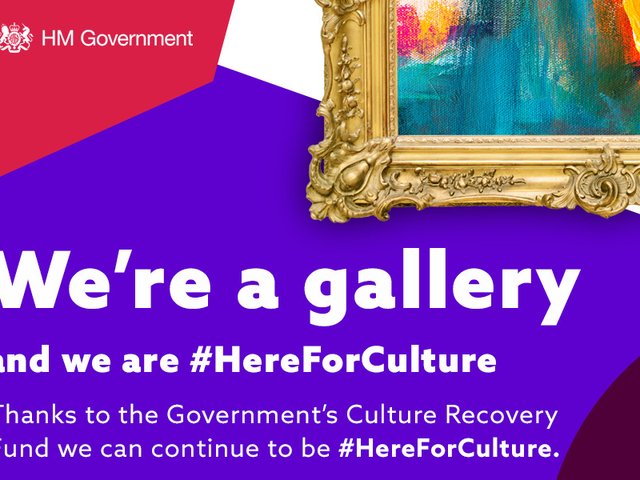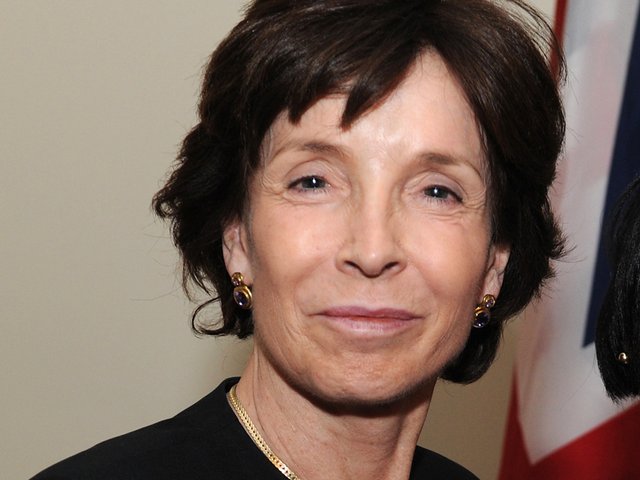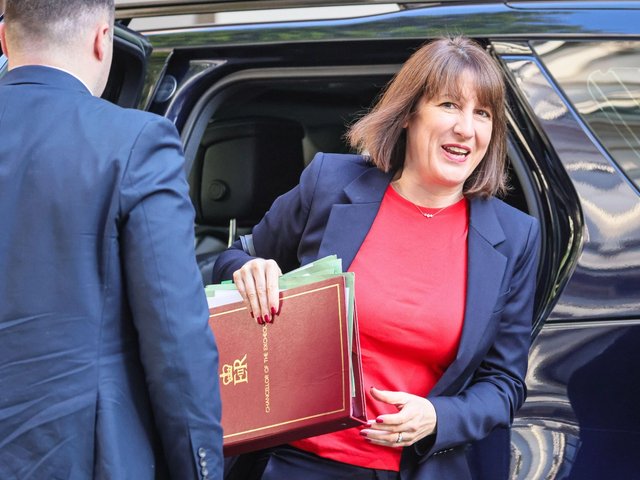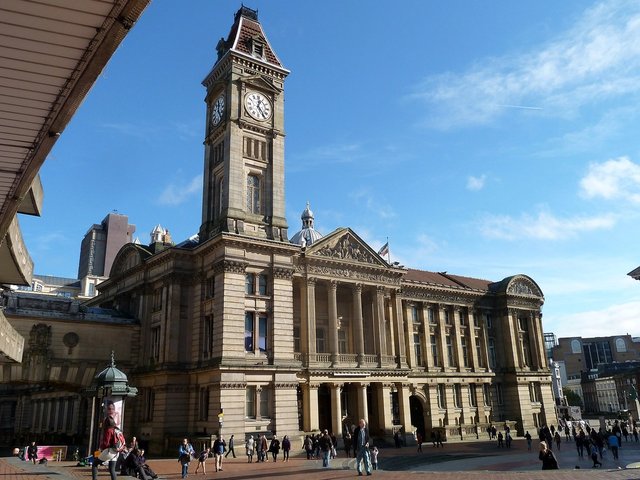The Labour peer Margaret Hodge will scrutinise how Arts Council England (ACE) distributes public subsidies as part of a wide-ranging review overseen by the UK government, the Department for Culture, Media and Sport (DCMS) announced today (17 December).
According to a statement issued by the DCMS, the review will look especially at regional inequality, exploring “how to improve access to arts and culture in all areas of the country”. Hodge, a former minister of state for culture, creative Industries and tourism, will be assisted by an advisory panel comprising experts from the culture sector.
Lisa Nandy, UK culture secretary, told a DCMS select committee hearing earlier this month: “[The review] will look at whether delivering through the Arts Council is actually working, whether it needs to change its way of operation, and whether we need to tighten its remit.” The government has extended the tenure of chair of Arts Council England, Nicholas Serota, by 18 months to “maintain stability during the review process”.
The last governmental review of ACE took place in 2017, and there have been shifts in how the council distributes its subsidies. The last round of ACE grants were announced in November 2022, covering three financial years from April 2023 to April 2026. The £445m a year allocated to 985 recipient bodies (national portfolio organisations) was up on the £410m handed out in the 2018/19 round.
But the funding announcement unleashed a storm of protest at the time due to a shifting of resources. The most fundamental change was the financial shift from London to the regions, a move initiated by ACE’s “Let’s Create” strategy, published in 2020.
Nandy meanwhile told ACE that the next round of national portfolio organisation funding should “do far more at working with local organisations to fund what is already there in communities, to be able to grow and expand”.
ACE was also at the centre of a censorship row earlier this year after publishing its initial Relationship Frameworks policy update in January, sparking a wave of criticism from culture sector figures who warned that ACE’s “reputational risk” conditions would curtail artistic freedom. ACE published revised guidance in February.


